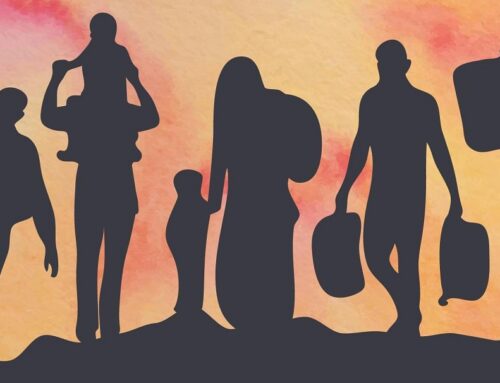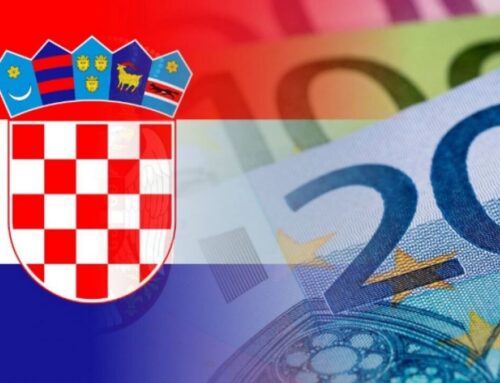Infectious diseases are the ones that have killed the most human beings throughout history. The current pandemic of the coronavirus disease (COVID-19) has caused worldwide panic, reminding us how vulnerable we are. The virus threatens not only our lives but the whole world’s economic system. Bulgaria cannot escape the threat but is currently employing many preventive measures to protect its population and to avoid the drastic situation in Italy.
As it comes to staying healthy, the Bulgarian government advises everyone to stay at home and leave their house only with a sensible reason such as buying food or medicaments, visits to the hospital, etc. The government has imposed a fine of 5000lv on people who go out simply for walks or wander around in public parks. Plovdiv, the second largest city in Bulgaria, fined 92 people who were getting about the downtown on the 29th of March.
Meanwhile, the seaside city of Burgas removed all of its public benches in order to prevent gatherings and people staying close to each other. On the 30th of March, an order was passed to always wear a mask in public places. However, there were tens of complaints among the Bulgarian citizens since the country has not secured everyone’s access to masks due to scarcity. Another fine of 5000lv is imposed on people who break their quarantine period and leave their house. In a couple of days it is expected that everyone will be enabled to check whether they have been in contact with an infected person but more information is to be revealed.
In terms of the health system, the government is trying to prevent it from being overwhelmed. General Mutafchiyski advises that people do not search for medical help when they only have symptoms of sore throat, high body temperature or coughing. Furthermore, Bulgaria renews the production of a pill long forgotten after the socialist regime. The medicine will contain quinine, a substance that was proven to fight COVID-19. It is still a controversial topic since its negative effects overweigh the positive ones.
Regarding other spheres such as education, many universities, high-schools and even primary schools have turned to forms of distant education. The lessons are taught online even for the youngest pupils. Some exams are also carried out in an electronic format. There are more issues to be resolved in question of some subjects that cannot be taught online because they are more practical. In some universities the semesters might be prolonged and graduation dates will possible be postponed. Regarding the business, many small and local businesses must close temporarily, such as cafes, restaurants, malls, cinema and theatre halls as well. The business owners have filed many complaints because without functioning, they won’t be able to pay salaries to their employees or pay off their own debts. Hence, banks and credit companies will not impose additional interest to people unable to pay their credit until the 13th of April (the end of the emergency situation in Bulgaria at this time). The authorities give an opportunity to business to start applying for government financial support. It is expected that the Bulgarian economy will face a drop down by 3% while the unemployment rate is expected to increase by 2%. The country claimed to pay off 60% of the salaries of employees affected by the situation and will also grant 1000lv of bonuses to all medical practitioners.
So, what is next? According to some forecasts, if the COVID-19 pandemic dies down by the summer, the economy won’t take long to recover. More and more the question on limiting people’s freedom is being brought up despite the reason being saving our own lives. What will happen exactly remains uncertain.
Sources:
Neshev, Stoyan. Десетки жалби срещу задължителното носене на маски. Nova.bg, 31st of March, 2020, https://nova.bg/news/view/2020/03/31/283412/
Markov, Aleksander. От утре фирмите кандидатстват по мярката 60/40. BNT, 30th of March, 2020, https://news.bnt.bg/news/ot-utre-firmite-kandidatstvat-po-myarkata-60-40-1046377news.html
Kisyova, Mila. Какво се случва с банковите кредити при извънредно положение. Sega.bg, 24th of March, 2020, https://segabg.com/hot/category-bulgaria/kakvo-se-sluchva-bankovite-krediti-pri-izvunredno-polozhenie
„Ако коронавирусът не си отиде до лятото“. DW.com, 23rd of March, 2020, https://www.dw.com/bg/D0D0%B4%D0% 82%D0%BE/a-52828592



